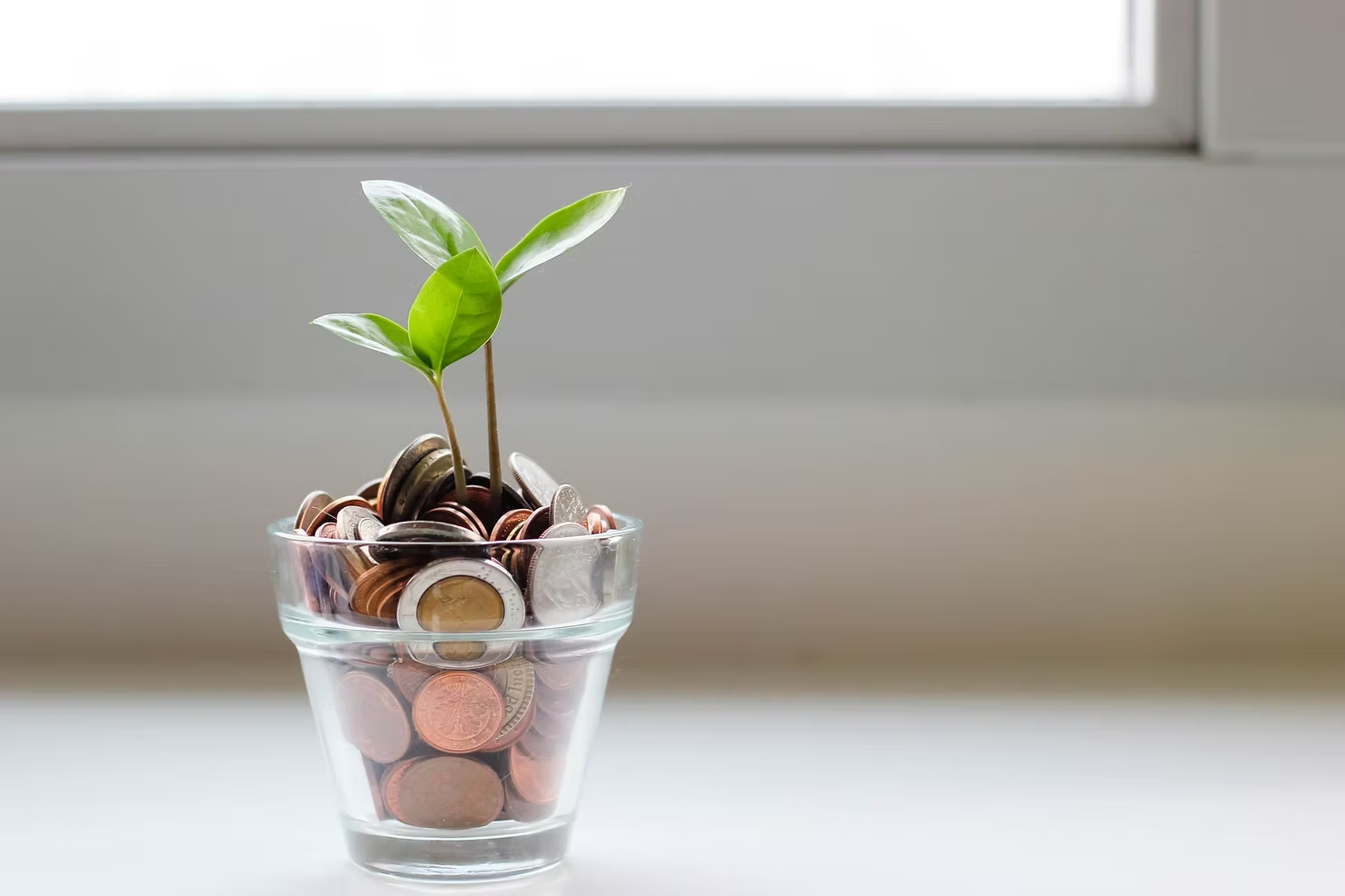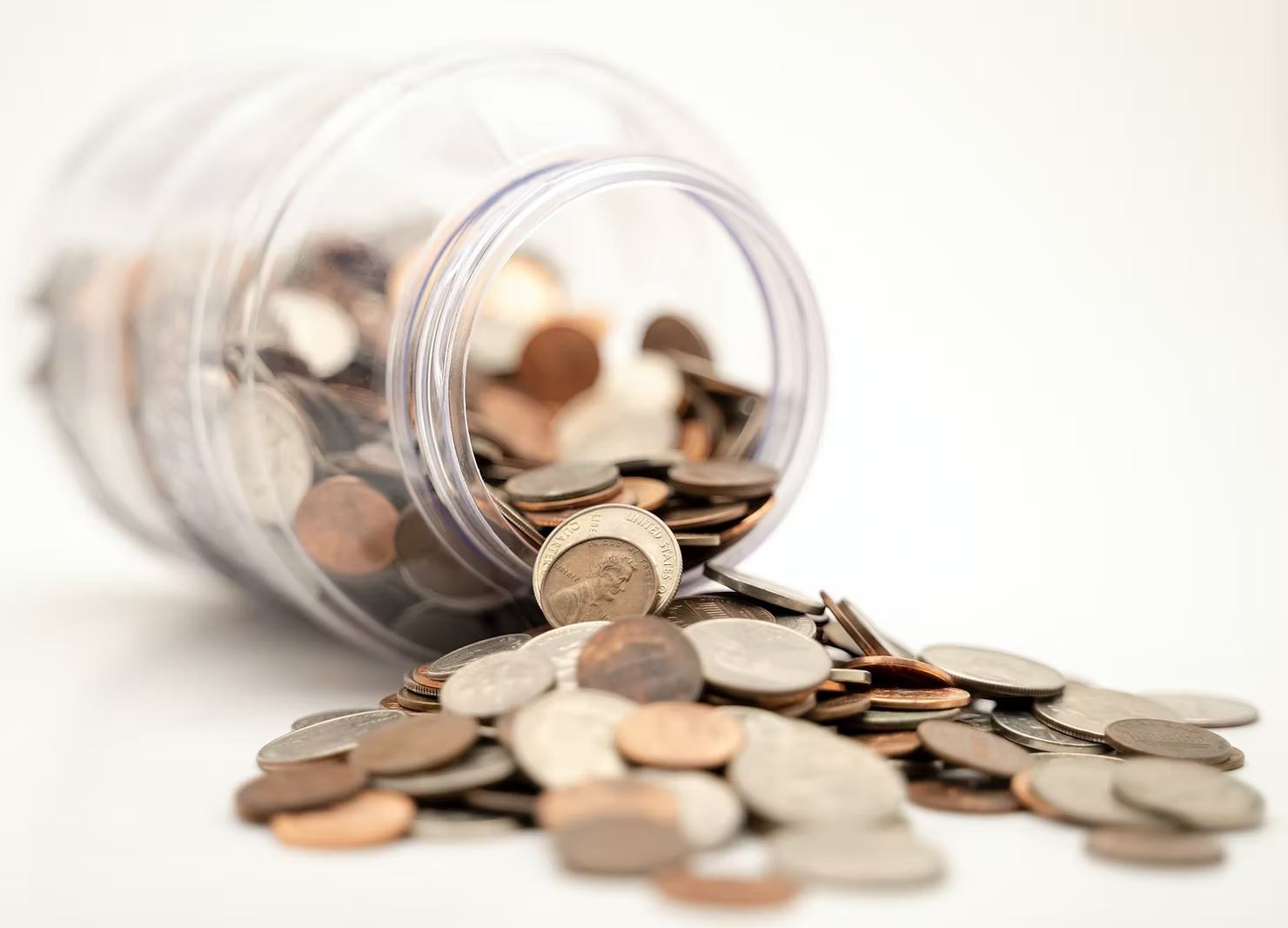
How green is your bank?
Every day we put a lot of effort into making change happen by flying less, finding out where our food comes from, looking at who made our clothes and reducing the amount of plastic in our lives. What about how we manage our finances? Can we really make a positive impact on the environment with green banking and other environmentally friendly financial services?
Have you thought about how ethical your bank is? Do you know where your money goes when you put money into your bank account? Do you know what happens with your monthly payments into your pension or ISA?
Most of us do not give a second thought to what happens once we have handed over our money but it does not sit idly in a pot. Banks and pension providers use these funds - your money - to make investments and earn a profit. While we make amazing everyday efforts to reduce the negative impact we have on the environment, many major big banks are using our money to fund the very things we are fighting against.
What is the importance of green banking?
If you dig a little deeper into who you bank with, you will discover most of the high-street banks fund heavily into fossil fuels! There may be other industries you might want to avoid having your money invested in too, including alcohol, tobacco, weapons or fur. If you do not want your money to be supporting any of these industries then it is worth doing your research and switching to a socially and environmentally responsible bank.
Which UK banks are green?
There are an increasing amount of banks and financial businesses 'going green'. One example, The Co-operative Bank is the only UK high street bank with a customer-led Ethical Policy which is now incorporated into the Bank's Articles of Association. Other alternative banks, such as Triodos, Starling and Charity Bank which are appearing in the market, are not only disrupting the financial industry but are paving the way for ethical banking. Many banks like HSBC and Barclays are aiming for net-zero in an effort to reduce the carbon emissions they create - but make sure you do your research, as green washing is rife in this arena!
What is ethical banking?
Ethical banks and green banks are transparent about what and who they invest in. These banks openly state that they do not fund companies or organisations that have a negative impact on people or the planet. Choose ethical banking options if you want to know for certain that your hard-earned money is going towards funding renewable energy, positive social impact projects or businesses-for-good.
You could expand further into ethical finance with other financial institutions including impact investing, socially responsible investing and where you take out a business or personal loan in order to contribute to the fight against climate change.

money spilling out of jar
Where should you start?
Do your research into who you are banking with and search for green banking options. If you are able to, review alternative options and make the switch! The Good Shopping Guide created a handy comparison table of UK banks here. SwitchIt, a global movement for switching to safer banks, helps you to review your bank (and energy!) providers, to switch who you bank with or to demand that they change how they operate.
If you have an employee pension or personal pension, again, it is worth contacting your pension provider to find out what your pension funds are being used to invest in. The introduction of automatic enrolment for employees, is another investment many of us do not think much about.
Your pension is usually set up with what is referred to as a default ‘portfolio fund’ that is likely to include fossil fuels, so you can find out if they have any specific portfolios that avoid fossil fuels or other harmful industries and ask to change funds. Depending on the pension provider, you may not have a socially responsible option available. If you find this to be the case then it is worth researching and making a switch.
We are all becoming increasingly concerned about the environmental, social and governance (ESG) standards of the companies we invest in. Whether it is an Everyday Savings Account or ISA, you will find fund managers out there whose aims are to generate returns and benefit society at the same time. You just need to look for and ask for them.
There are saving options outside of standard banks, so remember to shop around and check if their investment practices are aligned with your personal values; you might even save a few pounds in the process! Nutmeg offers a socially responsible ISA option. You can also take a look at Boring Money’s ‘Sustainable Savers’ page to learn more about sustainable ISA’s and making ethical investments!
We hope these tips will help you get started in exploring and switching to a green bank and eco-friendly financial institutions to support climate goals and reduce fossil fuels. One of the biggest ways we can each make a difference is by voting with our wallets. So let's put our money where our mouth is and make sure our savings are supporting both people, planet and our future.
(Disclaimer: While we are in favour of ethical banking, we are not financial experts! Please do your research and speak to a financial advisor before you make any major financial decisions related to your banking, pension or investments.)
Have you made the switch to socially responsible banking and investing? Is it something you are considering? Come and join us in our The Climate App online community to share your thoughts, questions and suggestions with the group!